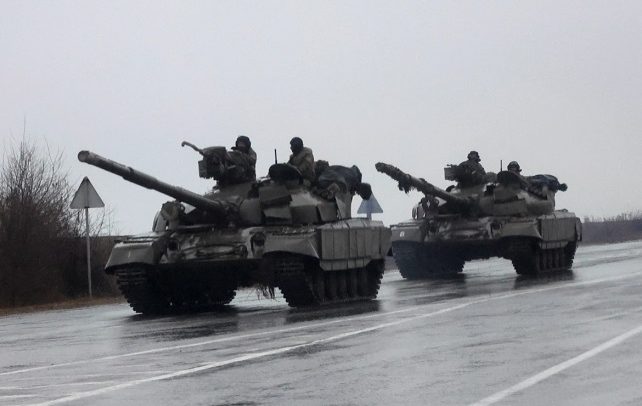THE RUSSIAN government, through its embassy in Ghana, has responded to recent claims that its ‘actions’ in Ukraine is to be blamed for the current agriculture challenges.
The Russian Embassy, in a post on its Twitter handle, raised concerns over the tagging of the country as responsible for the negative trends in agriculture markets, gloomy prospects in terms of access to food and huge losses of farmers.
It said the current hardship in the agricultural space is not a result of happenings within the last two months, but due to a steady trend of happenings on the global stage in the last two years.
“The current situation in the food markets is not a result of two months of this year, but a steady trend of at least two years. Food prices started rising in mid-2020 and reached an all-time high in February 2022. This is a real market shock caused by high demand and rising prices on food, raw materials, and transportation services, including freight, in the post-COVID recovery period,” the embassy tweeted.
Russia invaded Ukraine in February 2022 following President Vladimir Putin’s disagreement with NATO’s eastward expansion through Ukraine.
Recent reports have indicated that about 10,000 people have lost their lives following the Russia-Ukraine war with some countries saying the Russia-Ukraine war is directly affecting their economies and agricultural value chain.
Ghana’s Vice President, Dr. Mahamudu Bawumia, while addressing Ghanaians on the state of the economy at the National TESCON Training and Orientation Conference on April 7, this year, noted that aside from the COVID-19 pandemic, the Russia-Ukraine war is adversely affecting the Ghanaian economy.
He noted that the prices of food supplies have shot up because the two countries that are exporters of commodities such as wheat and grains, have withheld supply due to the crisis.
“The increase in commodity prices has been exacerbated by the Russia-Ukraine conflict. Russia and Ukraine together account for 30% of global wheat exports; the longer the conflict ensues, the greater will be the disruption to global food supplies. The conflict is also likely to slow down global growth,” the Vice President Bawumia said.
“According to the AfDB, the price of wheat has shot up by 62% since the war began, the price of fertilizer is up by 300%, and the price of maize is up by 36%. Here in Ghana, some 60% of our total imports of iron ore and steel are from Ukraine; Russia accounts for some 30% of Ghana’s imported grains, 50% of flour, and 39% of fertiliser.
“So we are directly affected by the Russian-Ukraine war. Unfortunately, we do not know when it would be over,” he said.
By Jamila Akweley Okertchiri


